Food choices are not about following a lot of rules. Now, people think it is better to find ways of eating that work with our bodies and the world around us. When we change the way we eat, we need to build habits that we can stick to rather than trying to get rid of the old ones. Food choices like these help us make patterns that are good for us and for the earth. This means we have to rebuild the way we do things every day by just stopping what we are doing. Food choices are a part of this.
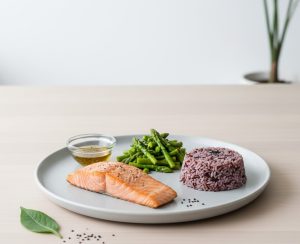
Gut Health and Macronutrients
Our body starts to work when we eat enough protein, fat, and carbohydrates. We need to have these things in our food so that our bodies can work well.
Moreover, when we eat food that has fiber, the food moves around more inside our stomach and intestines. This is good for our body because fiber helps our gut to be more active.
To begin the eating routine for this year, meals were set up with care toward well-being and long-term balance.

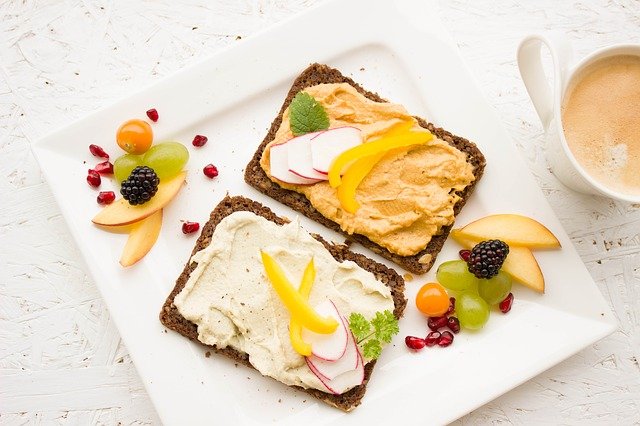



 A bright, healthy smile isn’t only about brushing and flossing. Your daily diet greatly influences the strength and resilience of your teeth. Food fuels your body, but it also affects your enamel, gums, and overall oral health.
A bright, healthy smile isn’t only about brushing and flossing. Your daily diet greatly influences the strength and resilience of your teeth. Food fuels your body, but it also affects your enamel, gums, and overall oral health.  Sugar and artificial substances abound in packaged goods that boast “low-fat” or “diet-friendly” labels. Cravings and a halt to fat reduction could result from these. Whole, unprocessed food is a great pick.
Sugar and artificial substances abound in packaged goods that boast “low-fat” or “diet-friendly” labels. Cravings and a halt to fat reduction could result from these. Whole, unprocessed food is a great pick. A dietitian may assist you develop a sustainable eating plan and offer individualized nutrition recommendations. Regular physical activity helps you to maintain good eating habits since it enhances both your physical and mental state.
A dietitian may assist you develop a sustainable eating plan and offer individualized nutrition recommendations. Regular physical activity helps you to maintain good eating habits since it enhances both your physical and mental state. Emphasize especially fruits, vegetables, legumes, and whole grains. These supply antioxidants, fiber, and vital minerals.
Emphasize especially fruits, vegetables, legumes, and whole grains. These supply antioxidants, fiber, and vital minerals. Building muscle doesn’t need to rely on synthetic enhancers or fad supplements. Many people achieve impressive results by focusing on the right foods and supplements. Key nutrients and balanced meals lay the foundation for sustainable gains, while smart, safe supplementation helps reach muscle growth goals faster and safely.
Building muscle doesn’t need to rely on synthetic enhancers or fad supplements. Many people achieve impressive results by focusing on the right foods and supplements. Key nutrients and balanced meals lay the foundation for sustainable gains, while smart, safe supplementation helps reach muscle growth goals faster and safely. Greek Meze
Greek Meze
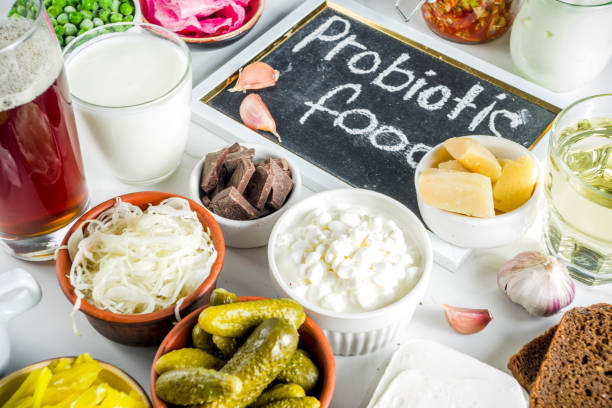
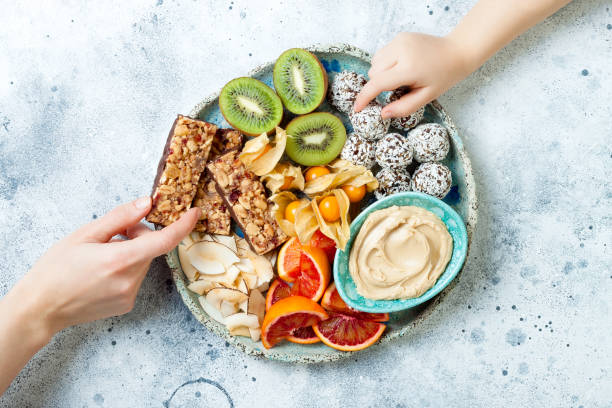

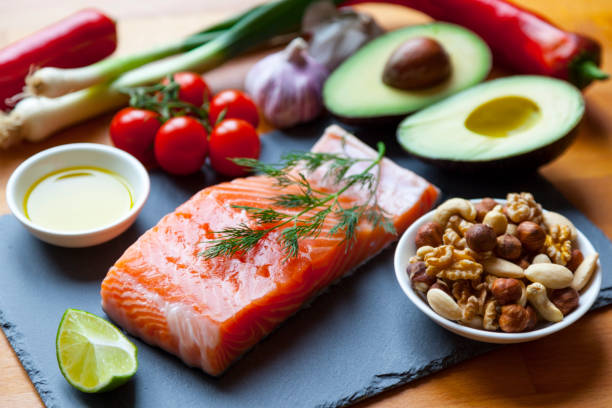










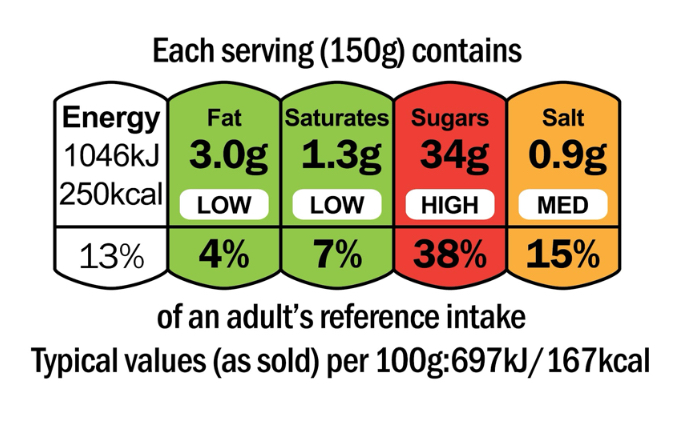
 A good question to ask yourself before consuming something is “Do I feel really hungry?” or “Do I just crave for something?”. This helps you tell the difference between eating out of feeling and being physically hungry.
A good question to ask yourself before consuming something is “Do I feel really hungry?” or “Do I just crave for something?”. This helps you tell the difference between eating out of feeling and being physically hungry. Dental care has evolved beyond fillings and cleanings. Patients now expect dentists to guide them on how diet impacts oral health. This shift pushes dental practices to offer nutrition counseling alongside traditional services. For those looking to buy a dental practice, understanding this trend is key to success. Nutrition-focused care not only improves patient outcomes but also boosts practice value. How can buyers assess and grow these services? And what role do acquisition experts play in this process?
Dental care has evolved beyond fillings and cleanings. Patients now expect dentists to guide them on how diet impacts oral health. This shift pushes dental practices to offer nutrition counseling alongside traditional services. For those looking to buy a dental practice, understanding this trend is key to success. Nutrition-focused care not only improves patient outcomes but also boosts practice value. How can buyers assess and grow these services? And what role do acquisition experts play in this process?
 The Paleo diet is based on whole, unprocessed foods like lean meats, fish, nuts, fruits, and vegetables. These foods help regulate blood sugar levels and reduce inflammation, key factors in preventing obesity. By eliminating refined sugars and grains, Paleo eating stabilizes energy levels, keeping hunger at bay for longer.
The Paleo diet is based on whole, unprocessed foods like lean meats, fish, nuts, fruits, and vegetables. These foods help regulate blood sugar levels and reduce inflammation, key factors in preventing obesity. By eliminating refined sugars and grains, Paleo eating stabilizes energy levels, keeping hunger at bay for longer. Did you know that what you eat directly affects your brain and body performance? Research has consistently shown that a balanced diet plays a pivotal role in boosting mental clarity, emotional well-being, and physical performance. For men, who often face unique health challenges, nutrition is a key factor in maintaining optimal strength—mentally and physically.
Did you know that what you eat directly affects your brain and body performance? Research has consistently shown that a balanced diet plays a pivotal role in boosting mental clarity, emotional well-being, and physical performance. For men, who often face unique health challenges, nutrition is a key factor in maintaining optimal strength—mentally and physically.
 A balanced diet does more than nourish the body; it can also provide essential support for brain health. Nootropics—also known as brain boosters—offer powerful benefits when combined with a nutrient-dense diet. From enhancing focus and memory to promoting mental clarity, nootropics can amplify the brain’s performance naturally. Incorporating foods like green tea, dark chocolate, and omega-3s can significantly boost your cognitive wellness.
A balanced diet does more than nourish the body; it can also provide essential support for brain health. Nootropics—also known as brain boosters—offer powerful benefits when combined with a nutrient-dense diet. From enhancing focus and memory to promoting mental clarity, nootropics can amplify the brain’s performance naturally. Incorporating foods like green tea, dark chocolate, and omega-3s can significantly boost your cognitive wellness. Sexual health is a fundamental part of overall well-being, and nutrition plays a significant role in supporting it. What we eat affects more than just physical health — it also impacts hormones, energy levels, and even libido. Proper nutrition can help enhance sexual function, boost energy, and improve mood. The good news? Certain foods packed with nutrients can support women’s sexual health.
Sexual health is a fundamental part of overall well-being, and nutrition plays a significant role in supporting it. What we eat affects more than just physical health — it also impacts hormones, energy levels, and even libido. Proper nutrition can help enhance sexual function, boost energy, and improve mood. The good news? Certain foods packed with nutrients can support women’s sexual health. There are various benefits when nootropics are included into food and drink. It offers a practical and fun approach, first of all, to include these cognitive boosters into daily living. Furthermore, eating and drinking nootropics could help to hide any bad tastes or textures connected with conventional supplements.
There are various benefits when nootropics are included into food and drink. It offers a practical and fun approach, first of all, to include these cognitive boosters into daily living. Furthermore, eating and drinking nootropics could help to hide any bad tastes or textures connected with conventional supplements.
 Wine and juice prepared from red grapes contain resveratrol. It may help weight loss and hay fever. Resveratrol may increase blood artery diameter and decrease blood clotting. With the consumption of resveratrol, human’s body has the ability to reduce discomfort, combat disease, alleviate swelling, and decrease the level of sugar in the blood.
Wine and juice prepared from red grapes contain resveratrol. It may help weight loss and hay fever. Resveratrol may increase blood artery diameter and decrease blood clotting. With the consumption of resveratrol, human’s body has the ability to reduce discomfort, combat disease, alleviate swelling, and decrease the level of sugar in the blood.